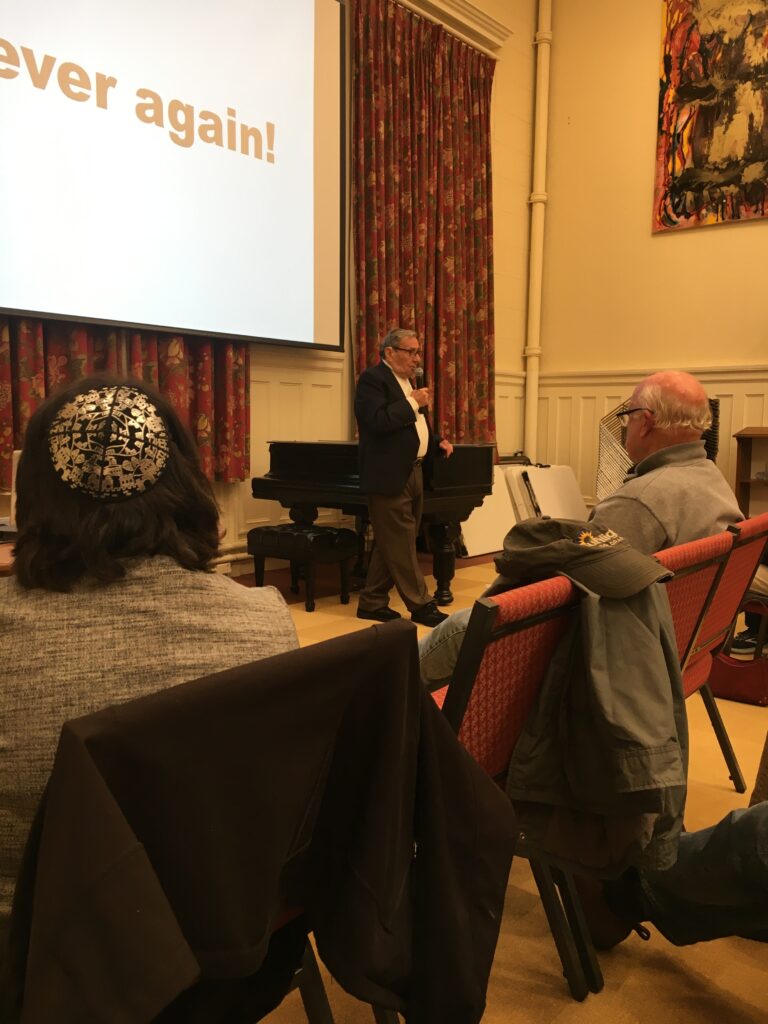It’s too important to wait
Depression among college students is a big concern for mental health professionals. Students are often bombarded with projects, assignments and exams and are expected to be able to keep up with a social life while also being active on campus outside the classroom.
But sometimes when students become stressed, they need more than just their friends or family to talk to.
On Oct. 17, the Wellness Center held a depression screening and 147 students attended. But before the depression screening took place, the Wellness Center already had a growing waitlist for students seeking counseling services.
Wellness Center Director Martha Coulter said 68 of the 147 students screened met the criteria for depression, anxiety, mood disorder, or PTSD. Detailed statistics show that of the students screened, 56 met the criteria for both depression and anxiety.
Coulter said counselors were available for emergency appointments the day of the screening and she said the screening just added to the steady flow of students seeking appointments for counseling.
Aris Sherwood has struggled with depression in the past and thanks to the Wellness Center, she feels comfortable talking to a counselor about it. She thinks an expansion of the Wellness Center would be a positive impact for campus.
“I think like having a person who’s practicing come in, not like an official person at the Wellness Center, is an interesting idea. And I think it’s a good idea,” she said.
Sherwood has had the chance to receive counseling through the Wellness Center, but she worries about students who attend the depression screening because there’s a chance they might not be able to have consistent appointments.
Sophomore Adira Maynard attended the screening and had mixed feelings about the results.
“It wasn’t what I was expecting. It seemed very brief, and it’s nice to have like something for everyone to try if they’re not in counseling. But I wanted more out of it than I thought there was,” she said.
Senior Kaylee Boutin also attended the screening and felt the same way about her results. She anticipated her numbers being higher than they actually were. She mentioned that it was slightly uncomfortable to meet with professors who volunteered, and have them read over the scores.
“It’s better to have someone sit down and talk to you than to just give you a survey and say, ‘okay go fill this out.’ If you’re depressed, you’re not going to want to put on there, ‘oh I’m so sad all the time’ or ‘I’m irritable all the time’ or ‘I don’t sleep all the time’ because you don’t want them to look at you differently. Especially because it’s our teachers and professors in there that are meeting with us to tell us our scores,” Boutin said.
Junior Abby Mayo not only helped work the depression screening, but also works in for the Wellness Center and mentioned that Coulter has been assessing students to see if they would be okay to end their sessions. She also mentioned that she would like to see an expansion within the Wellness Center to benefit the large number of students looking for mental health help.
“We’re looking for alternative methods. We have a lot of private practice counselors currently, not a lot, but like she (Coulter) has outside resources to refer people to if they need it,” she said.
The private practice clinicians at the Wellness Center do come with a cost, but Coulter said that they do take insurance. Kelly Moriarty, who has three appointment slots available on Monday’s, accepts insurance from Green Mountain Care, which is Vermont Medicaid, Cigna, MVP, Beacon, Blue Cross Blue Shield as well as out-of-network benefits.
For students who aren’t able to make an immediate appointment, Coulter wants to make sure that students understand that their safety is the most important thing. She recommends students reach out to a community advisor, area coordinator, SOS leader, or someone who is trained within the Student Support Network. She also mentioned that Castleton has purchased the rights for student to use the TalkCampus app.
“TalkCampus is an app which gives our students the opportunity to have conversations with other college students in the U.S. and in other countries who just want to talk about how they are feeling. Some students receive training so that they can be helpers or supporters. In fact, Castleton students can ask to get training to become a helper as well,” she said.
Overall, if a student is feeling down, the Wellness Center wants them to know that they are there for them. Even though there’s a waitlist, they offer activities for students to get out of their rooms and be active during those dark times.
Sherwood has seen both the bright and dark times that life has to offer, and she wants other students to understand that they aren’t alone.
“Just be able to like keep going and hold on because it is going to get better, whether you believe it or not at the moment, it is going to get better and there’s going to be hope for everyone.”








